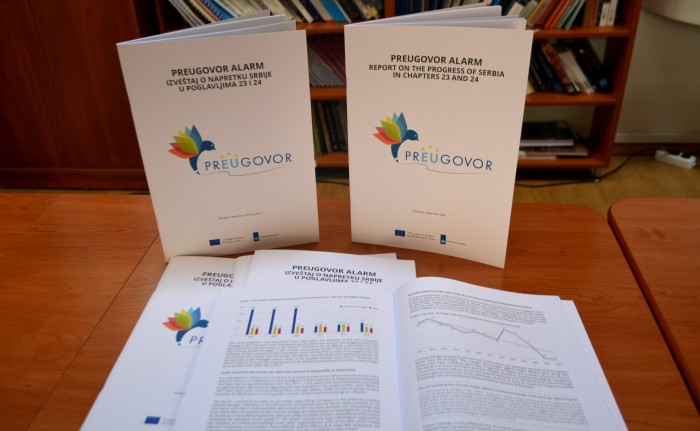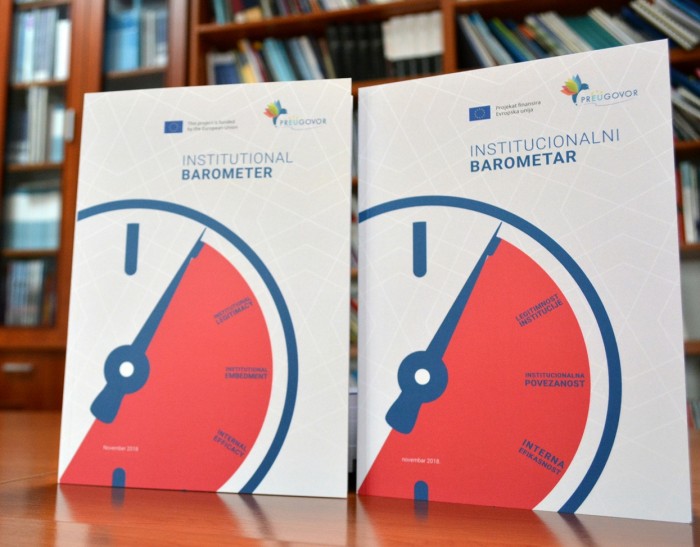In the judgment in the Zorica Jovanović v. Serbia case, the European Court of Human Rights (ECHR) determined that the Republic of Serbia, in one of the cases filed by a mother searching for her child who is suspected to have disappeared from the maternity ward, is responsible for the violation of the right to respect for private and family life from Article 8 of the European Convention on Human Rights due to continuous failure of the state to provide the applicant with credible information as to the fate destiny of her son.
Therefore, in addition to individual obligation to compensate the applicant for damages, the European Court of Human Rights also issued an obligation of general character, requesting from the Republic of Serbia to take all necessary measures to establish the mechanism aimed at providing individual redress to all parents in a situation such as or sufficiently similar to the applicant’s, within the period of one year from the date on which the judgment became final.
Having this in mind, the Belgrade Group of Parents came out with the proposal of the text of the law which could regulate the issue of investigating the fate of new-borns suspected to have disappeared from the maternity wards in the Republic of Serbia. This law was rejected by the competent ministry and the preparation of the new text to be proposed by the Government of Serbia started. The Government of Serbia introduced the Bill on Determining the Facts Concerning the Status of New-borns Suspected to Have Disappeared from the Maternity Wards in the Republic of Serbia to the National Assembly on 20 March 2018.
The subject of this analysis is the above-mentioned Bill and the issue of its alignment with the obligations which the European Court of Human Rights imposed on the Republic of Serbia in the Zorica Jovanović v. Serbia judgment.



